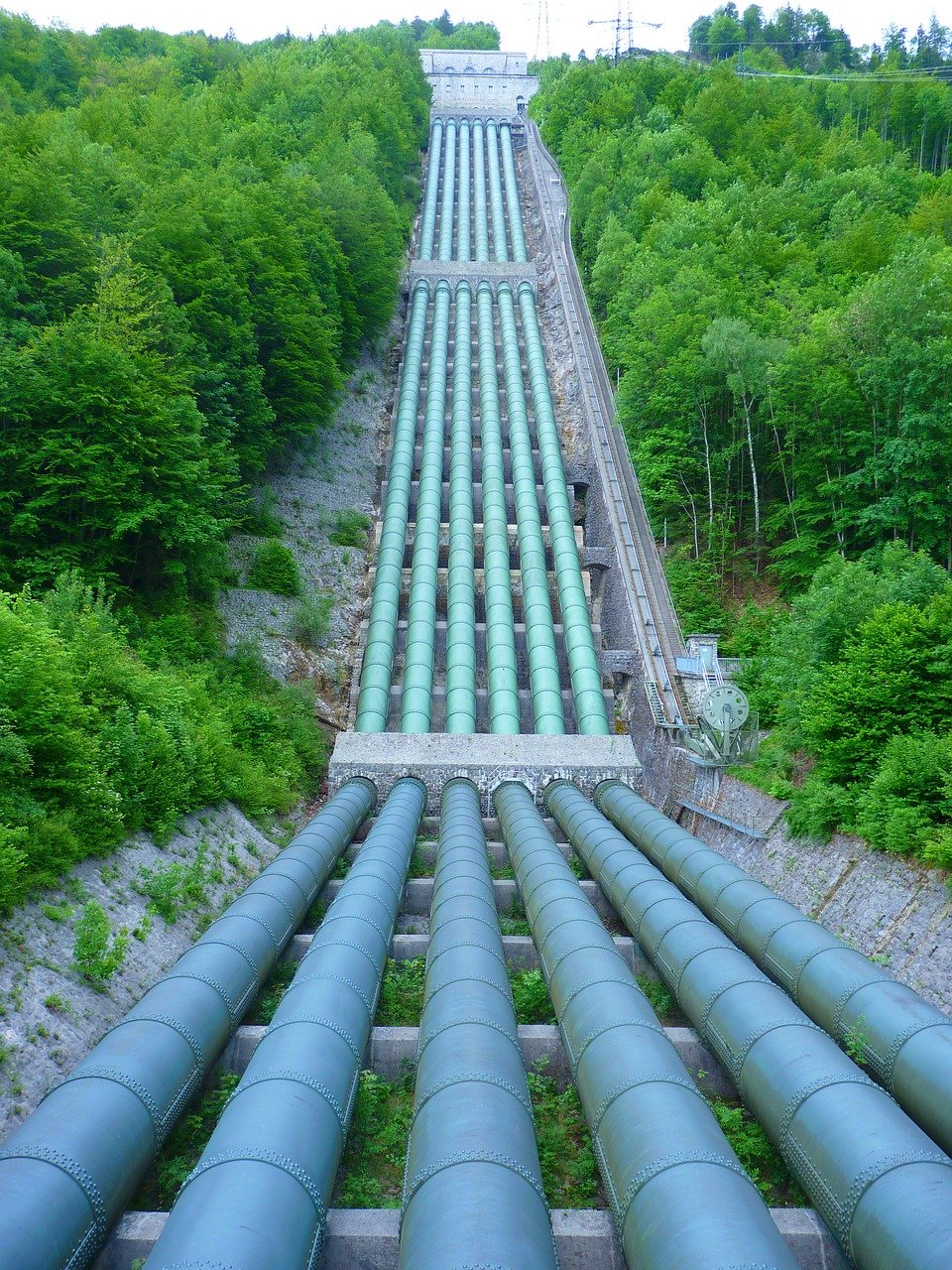- Russia has ceased gas supply to Europe via Ukraine, impacting central European countries reliant on these flows.
- The halt in supplies has contributed to a surge in gas prices in a market already seeing a year-on-year increase of over 50%.
- The termination of the deal underscores the European Union’s dependence on Russian gas, despite plans to wean off supplies from Moscow.
- The situation highlights the urgent need for Europe to diversify its energy sources and reduce its dependence on Russian gas.
In a significant development that marks the end of an era, Russia has ceased gas supply to Europe via Ukraine, a route that has been operational for over five decades. This cessation came into effect after Ukraine refused to allow any transit that would financially aid Moscow’s war efforts. The halt was confirmed by both sides after a crucial transit deal expired. This development is set to impact several central European countries that have been reliant on these flows, forcing them to source more expensive gas from elsewhere. This comes at a time when the region is already grappling with rapidly depleting winter storage.
Ukraine has been a critical conduit for gas deliveries into Europe, even amidst the ongoing war of the past three years. While this route accounts for a mere 5% of the region’s needs, the countries are still reeling from the aftershocks of an energy crisis triggered by Russia’s invasion of Ukraine. The impending cutoff has recently contributed to a surge in gas prices in a market that has already seen a year-on-year increase of over 50%.
Russia’s Gazprom PJSC halted supplies on New Year’s Day after the five-year transit deal expired, citing a lack of technical and legal opportunities for shipments amid repeated and explicit refusal of the Ukrainian side to extend these agreements.
The Impact on European Union’s Energy Security
The termination of the deal has underscored the European Union’s continued dependence on Russian piped gas and shipments of liquefied fuel, despite plans to wean itself off supplies from Moscow. Several countries have sought alternative arrangements, but months of political wrangling have failed to yield an agreement.
European Commission President Ursula von der Leyen has set a political objective to phase out Russian fossil fuels by 2027, and has said the end of transit will have little impact on regional energy markets. However, countries such as Slovakia and Hungary have waged an increasingly bitter campaign to keep the fuel flowing.
Europe is also grappling with an increasingly tight global gas market, with benchmark prices closing 2024 at the highest price in more than a year. Ukrainian President Volodymyr Zelenskiy has rejected any arrangement that would ultimately send money to Russian coffers while the war continues.
The Future of Energy Security in the Region
Meanwhile, Slovak Prime Minister Robert Fico has threatened Ukraine with a possible electricity cutoff, raising questions about broader energy security in the region. In a last-ditch effort over the weekend, Fico urged the EU to address the looming halt of supplies via Ukraine, saying the economic effect on the bloc would outweigh the impact on Russia. He estimated European consumers could face as much as €50 billion ($52 billion) in extra gas prices every year and a further €70 billion in higher electricity costs.
The bloc has diversified its supplies since 2022, turning increasingly to imports of liquefied natural gas, notably from the US. There are “various options” for regulating gas transit to central and eastern Europe, including through another pipeline route and LNG terminals, the German Economy Ministry said Tuesday.
Disputes between Moscow and Kyiv have previously disrupted gas shipments to European customers in winter months. In 2009, Russian flows via Ukraine to Europe stopped for almost two weeks, with more than 20 nations affected during freezing temperatures, until the two nations signed a deal ending their dispute.
The current crisis, however, is further complicated by the ongoing war and the broader geopolitical context. The impact of this development on the European energy market and the region’s energy security will be closely watched in the coming months. The situation underscores the urgent need for Europe to diversify its energy sources and reduce its dependence on Russian gas. It also highlights the geopolitical implications of energy security and the need for a comprehensive and coordinated response at the European level.

